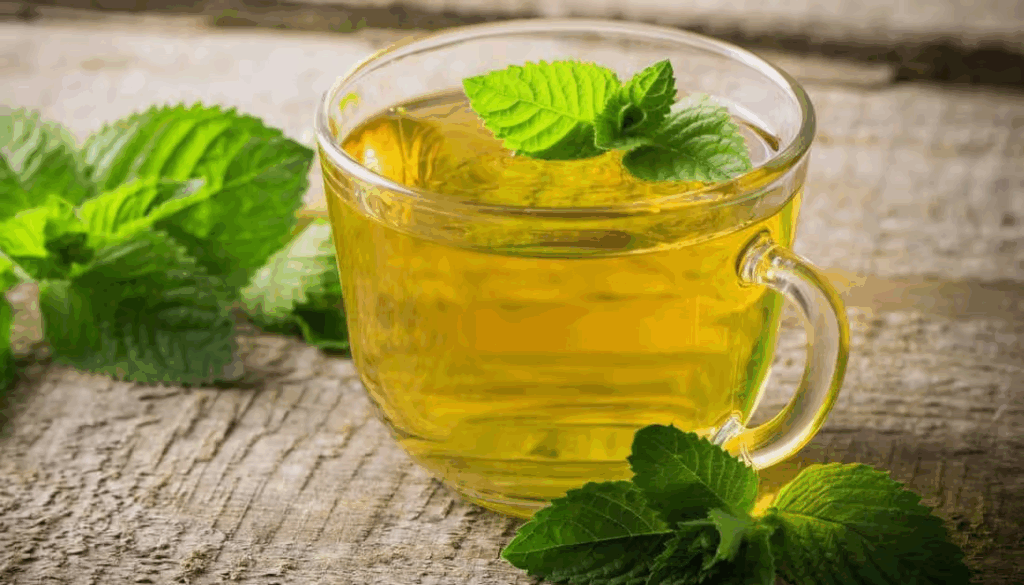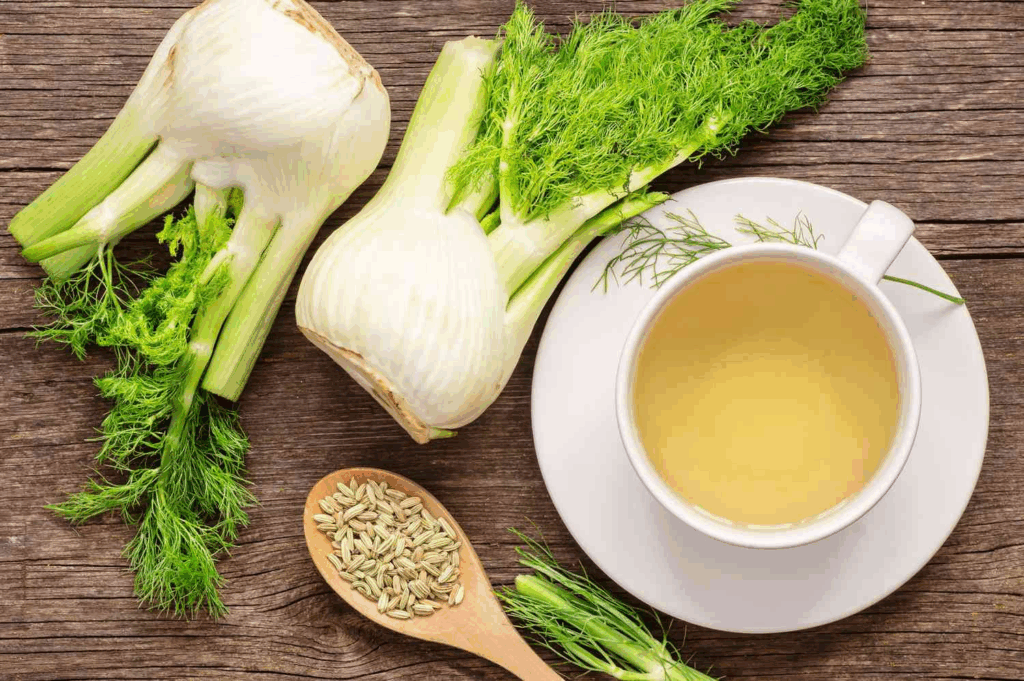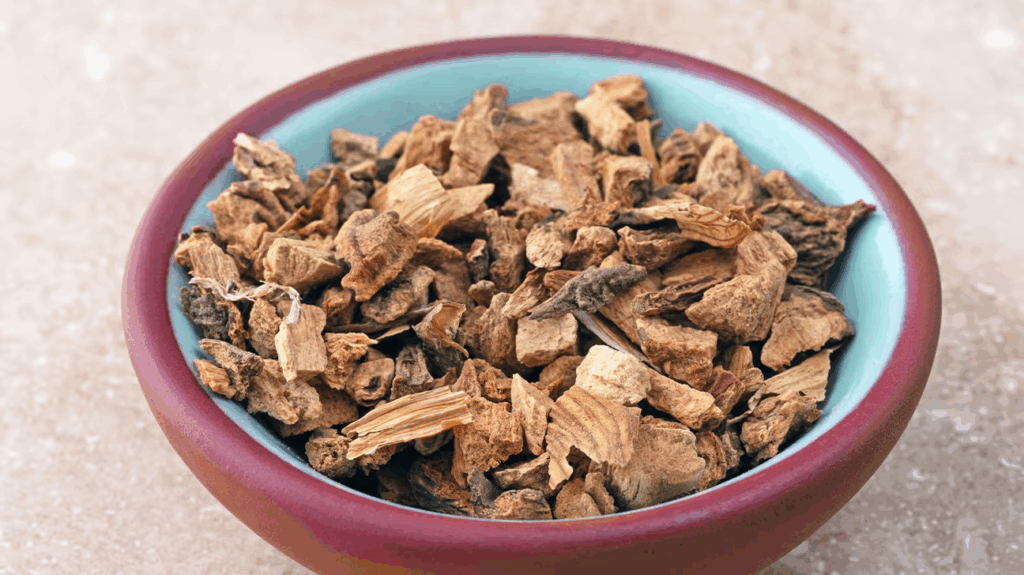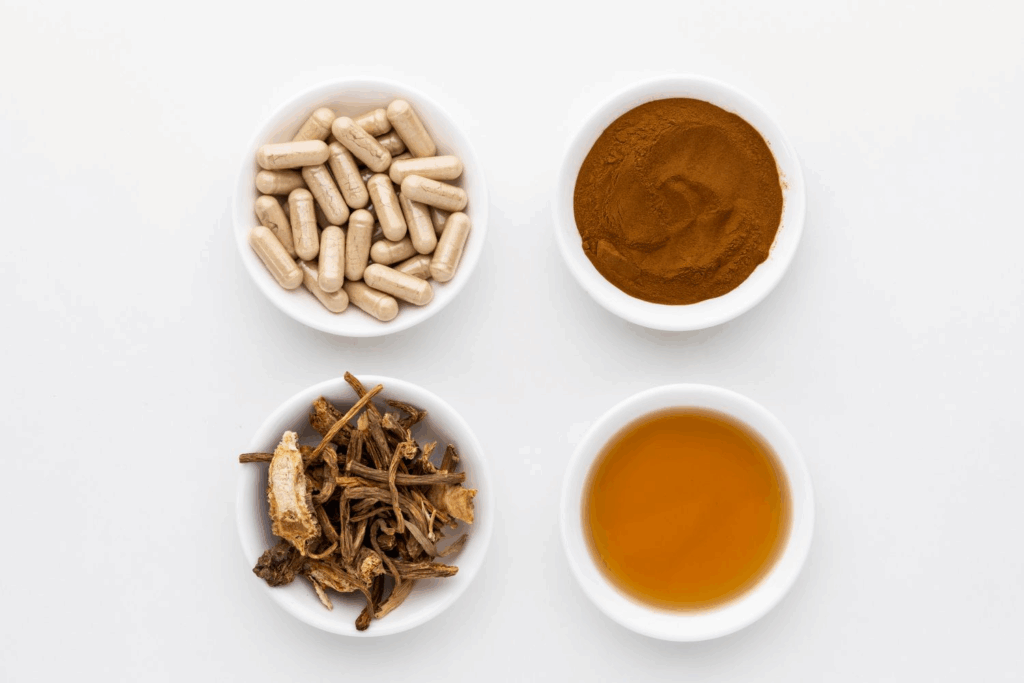Bloating is a common digestive issue that affects around 14% of people in the United States. It can result from various factors, including food intolerances, intestinal bacteria imbalances, constipation, and more. Herbal teas have long been used to alleviate bloating and improve digestive health. Here are eight herbal teas that may help reduce bloating:
1. Peppermint Tea

Peppermint (Mentha piperita) is known for its digestive benefits. Studies suggest that peppermint may help relax the gut, easing bloating, abdominal pain, and intestinal spasms. It is believed that the compounds in peppermint may inhibit immune cell activity in the gut, which can contribute to bloating. Additionally, peppermint oil capsules have been shown to relieve symptoms of bloating and digestive discomfort.
Summary: Peppermint tea may help reduce bloating and alleviate digestive issues due to its relaxing effect on the gut.
2. Lemon Balm Tea

Lemon balm (Melissa officinalis) has a lemony flavor and is traditionally used to relieve mild digestive issues such as bloating and gas. It is a key ingredient in Iberogast, a supplement that has been shown to help with abdominal pain, constipation, and other digestive symptoms. Animal studies suggest that lemon balm may ease intestinal spasms and promote regularity, but more research is needed to confirm its benefits in humans.
Summary: Lemon balm tea is traditionally used for bloating, but more human studies are needed to confirm its effectiveness.
3. Wormwood Tea

Wormwood (Artemisia absinthium) is a bitter herb that may stimulate the release of digestive juices, helping to improve digestion and reduce bloating. Some studies suggest it may also help eliminate parasites, which can contribute to bloating. However, wormwood tea itself has not been extensively studied for its anti-bloating effects.
Summary: Wormwood may help with digestion and bloating, but more research is needed, and it should be avoided during pregnancy.
4. Ginger Tea

Ginger has a long history of use for digestive ailments. Studies indicate that ginger can promote the movement of food through the digestive tract and reduce bloating. Ginger supplements have been shown to alleviate nausea and improve digestion, suggesting that ginger tea may offer similar benefits.
Summary: Ginger tea may help reduce bloating and digestive discomfort, but more research is needed to confirm its effects.
5. Fennel Tea

Fennel (Foeniculum vulgare) has been traditionally used to treat digestive issues like bloating, gas, and constipation. Animal studies suggest fennel may protect against ulcers and help alleviate constipation, both of which can contribute to bloating. However, more research in humans is needed to verify its benefits.
Summary: Fennel tea may help with bloating and constipation, but human studies are necessary to confirm its effectiveness.
6. Gentian Root Tea

Gentian (Gentiana lutea) is a bitter herb traditionally used to aid digestion. The compounds in gentian root may stimulate the release of digestive juices, helping to break down food and reduce bloating. However, it is not recommended for individuals with ulcers as it can increase stomach acidity. More research is needed to confirm its anti-bloating benefits.
Summary: Gentian root tea may support digestion and relieve bloating, but more human studies are needed.
7. Chamomile Tea

Chamomile (Matricaria chamomilla) has been used for centuries to treat indigestion, gas, and nausea. Some studies suggest chamomile may prevent infections like Helicobacter pylori, which are linked to ulcers and bloating. Chamomile is also part of the Iberogast supplement, which has shown benefits for abdominal pain and ulcers.
Summary: Chamomile tea may help with digestive issues, but more human studies are needed to verify its effectiveness.
8. Angelica Root Tea

Angelica root (Angelica archangelica) is a bitter herb that may help relieve constipation, a common cause of bloating. It is a key ingredient in Iberogast and may stimulate the release of digestive juices. However, more human research is needed to confirm its effects on bloating.
Summary: Angelica root tea may help with constipation and bloating, but more research is needed to support its benefits.
The Bottom Line
Several herbal teas, including peppermint, lemon balm, and wormwood, have been traditionally used to alleviate bloating and improve digestion. While preliminary research supports their benefits, more human studies are needed to fully confirm their effectiveness. Herbal teas are a simple and natural way to support digestive health and may offer relief from bloating and discomfort.
Also Read : Daily Skincare Routine for Naturally Glowing and Healthy Skin



